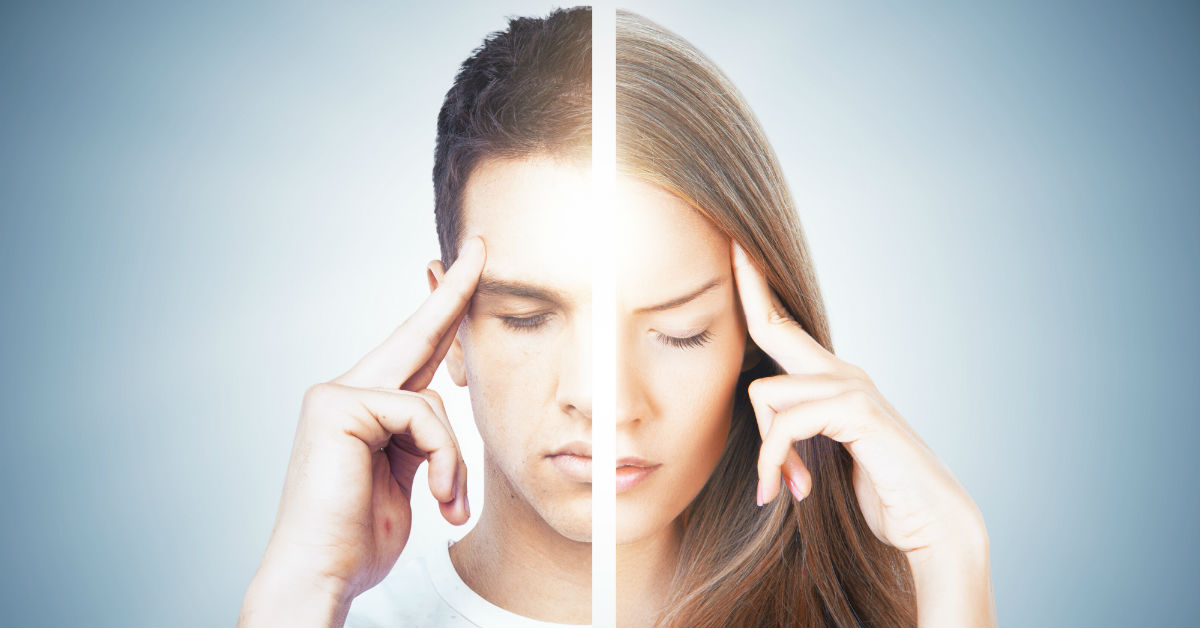When looking at residential treatment centers for your troubled teen, you may have noticed these treatment centers are separated by gender. This was not done by accident. Whether openly stated or not, teen residential treatment centers have several reasons to separate their residents by gender.
Social Reasons For Gender-Separated Treatment
Teens place much social pressure on each other when in mixed gender groups. This can adversely affect the treatment process. Since residential treatment centers do not want to recreate the environment your teen has just left, it is best that troubled teens are separated by gender. Other socially-driven reasons for gender-separated treatment are:
- Allows your teen to learn to develop healthy relationships without the pressure of opposite-sex relationships.
- Keeps your teen’s mind on their treatment instead of being distracted by potential romantic relationships.
- As teen girls learn differently than teen boys, it is better to teach them separately so their teaching can be tailored to their needs and learning styles.
- By going to gender-separated treatment, teens can allow themselves to be less guarded without worrying that the opposite-sex is watching.
Therapeutic-Driven Reasons For Gender-Separated Treatment
Much of what a residential treatment center does focuses around therapy. As teens are still developing, academics and social aspects are built into the programs. However, the main focus is for the teens to receive intensive therapy, both group and individual, to help them repair the troubled aspects of their lives.
The therapeutic treatment is tailored to each child. Because of this, it may seem like it wouldn’t matter if the treatment had mixed gender groups, as they would receive therapy tailored to them. But there is a gender disparity when it comes to mental illnesses, and these differences can make group therapy less effective. Some of the differences are:
- Women tend to struggle with issues such as anxiety and depression at a higher rate when compared to men.
- Men tend to struggle with antisocial disorders and substance abuse more than women. The antisocial behaviors tend to manifest by increased aggression, noncompliance, and impulsiveness.
- Many women deal with anxiety by withdrawing themselves while men are more likely to externalize their feelings.
Choose The Right Residential Treatment Center
Depending on your son’s or daughter’s needs, the right residential treatment center will be the right one for them. We offer a free consultation service to help place your child in the right treatment program. So contact us today and let us help you start your teen back on the right path.










0 Comments